Nestled in the heart of the Himalayas, Bhutan is often celebrated as the land of Gross National Happiness (GNH), a philosophy that prioritizes well-being over economic growth. For travelers seeking more than just scenic beauty, an immersive farmhouse stay offers a rare glimpse into the daily rhythms of rural Bhutanese life—where happiness is not just measured but deeply felt. These homestays, often tucked away in serene valleys or perched on misty hillsides, provide an authentic connection to a culture that has long fascinated the world.
The concept of GNH is woven into every aspect of Bhutanese society, and nowhere is this more evident than in its villages. Unlike conventional tourism, which often skims the surface, farmhouse stays demand participation. Guests might find themselves kneading dough for traditional red rice pancakes, tending to dairy cows, or joining family prayers at the household altar. These interactions reveal a quieter, more introspective side of happiness—one tied to community, purpose, and an unspoken harmony with nature.
One of the most striking realizations during a farmhouse stay is how Bhutanese households measure prosperity. Instead of bank balances or material possessions, conversations revolve around the health of their prayer flags, the yield of the last harvest, or the number of monks they’ve supported in the local monastery. A farmer might proudly point to his elaborately painted roof, not as a status symbol, but as an offering to the deities believed to protect his family. This reframing of value challenges visitors to reconsider their own metrics of success.
Evening meals become a masterclass in mindful living. Prepared over wood-fired stoves, dishes like ema datshi (chili cheese stew) or suja (butter tea) are served with deliberate slowness. There’s no rush—only the crackle of the fire and stories exchanged between generations. Many hosts speak of "thadamtsi", a Bhutanese ethic of reciprocity that binds communities. When a neighbor helps roof a house, the debt is repaid not in currency but in kind, creating an invisible economy of mutual care.
As dawn breaks with the sound of prayer wheels turning, visitors begin to understand how spirituality permeates happiness here. The farmhouse’s altar room, often fragrant with juniper incense, isn’t just for rituals—it’s where children do homework under the gaze of Buddhist thangkas, blending devotion with daily life. This seamless integration suggests that Bhutan’s famed happiness index isn’t an abstract statistic; it’s the accumulation of small, sacred moments.
What lingers after such a stay isn’t just the memory of panoramic mountain views, but the quiet revelation that happiness might be less about chasing and more about receiving—the warmth of a hearth, the weight of a shared silence, or the unexpected grace of being included, however briefly, in someone else’s unmeasured but deeply lived joy.

By /Jun 9, 2025
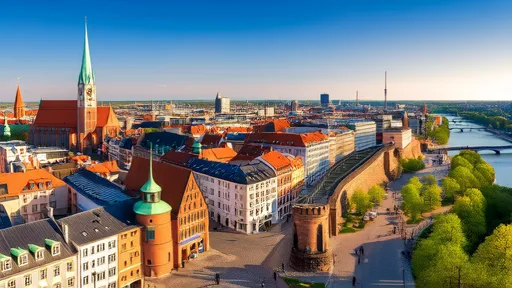
By /Jun 9, 2025

By /Jun 9, 2025
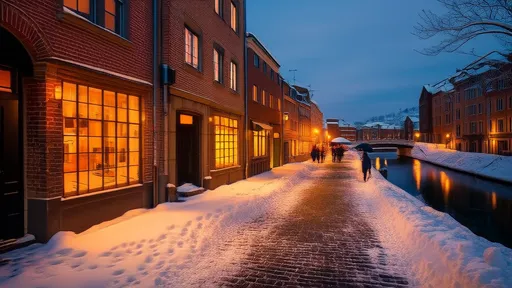
By /Jun 9, 2025
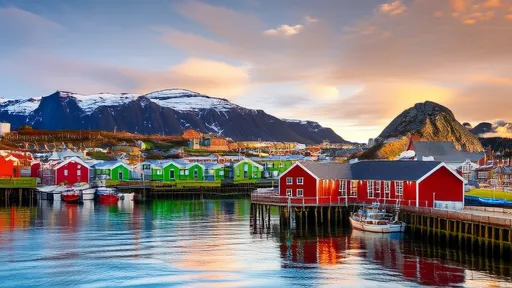
By /Jun 9, 2025
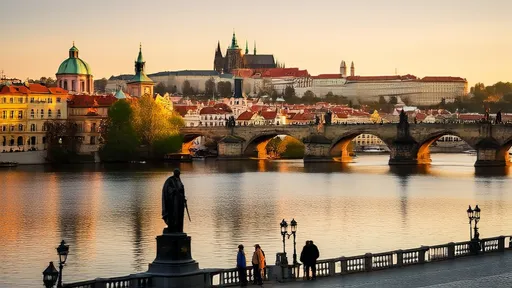
By /Jun 9, 2025
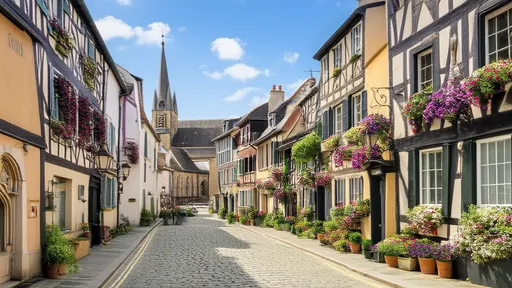
By /Jun 9, 2025

By /Jun 9, 2025

By /Jun 9, 2025

By /Jun 9, 2025

By /Jun 5, 2025

By /Jun 5, 2025
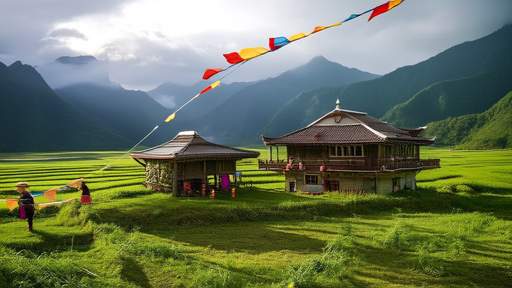
By /Jun 5, 2025

By /Jun 5, 2025

By /Jun 5, 2025
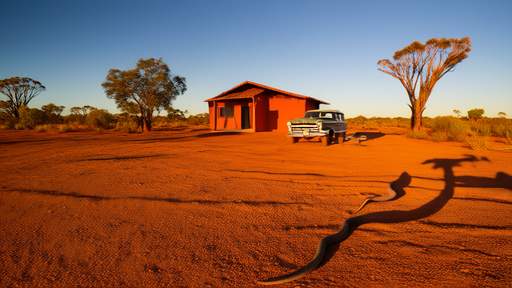
By /Jun 5, 2025
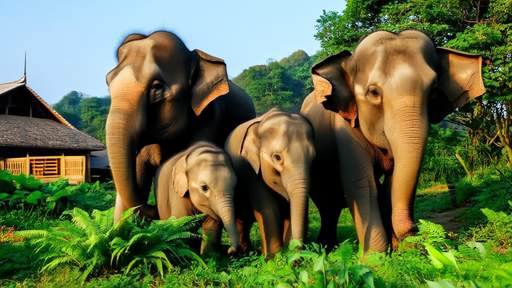
By /Jun 5, 2025

By /Jun 5, 2025

By /Jun 5, 2025